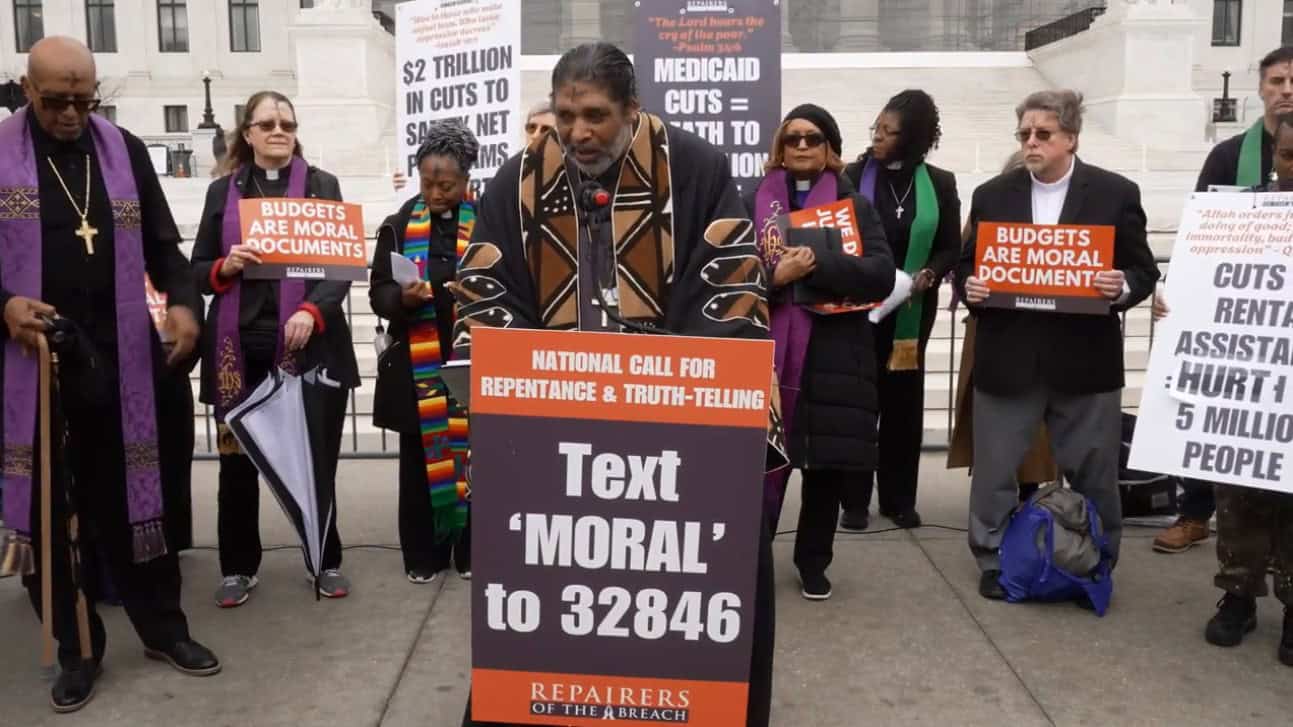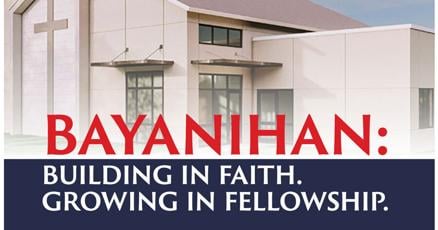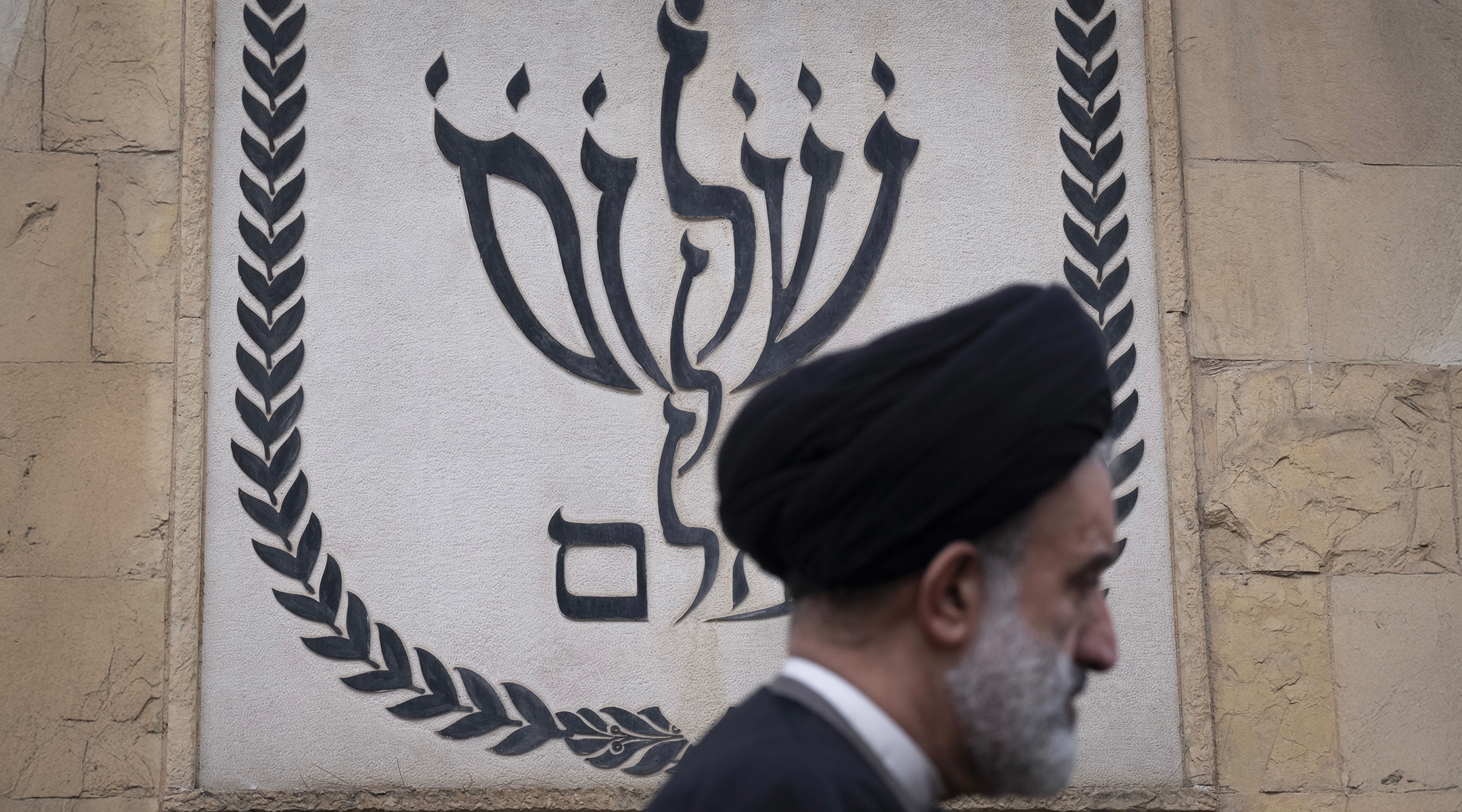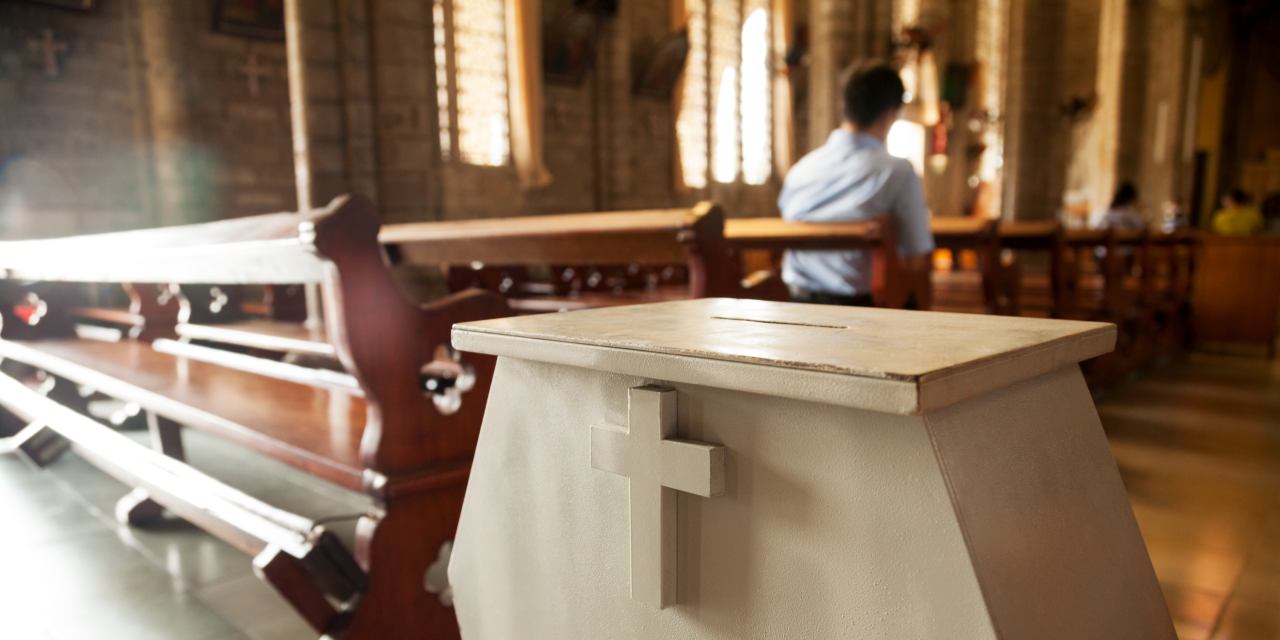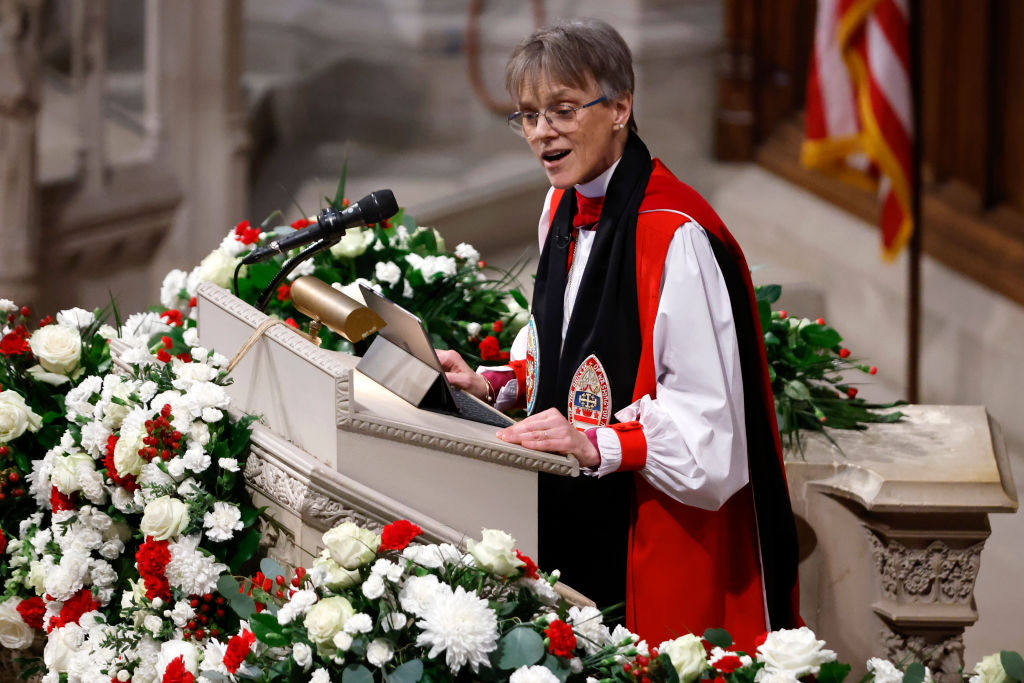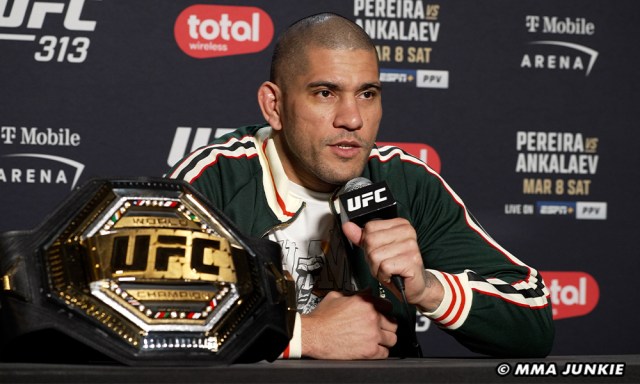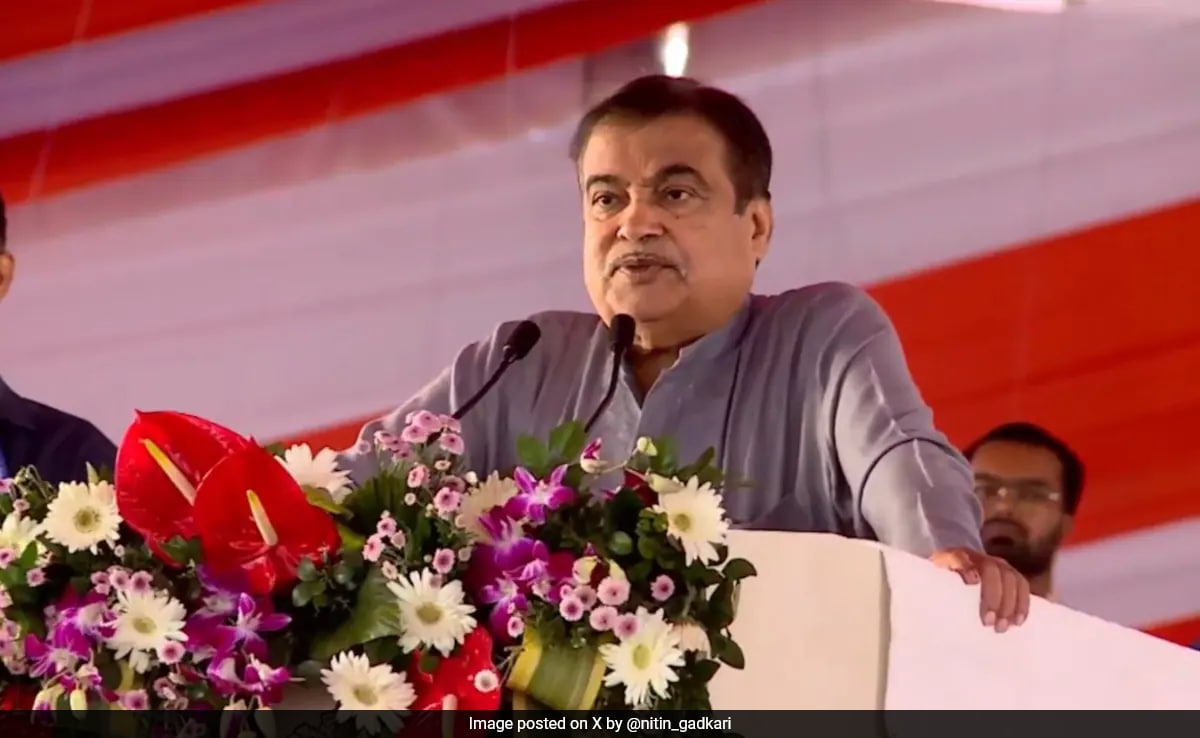
Faith's Resilience: How Religious Liberty Keeps Christianity Alive in Modern Societies
If Christians truly desire to see America embrace more Christian values, they should first look inward and recommit themselves to one of the most fundamental principles of their faith: genuine religious freedom. Paradoxically, the path to a more Christian nation isn't through legislative force or cultural dominance, but through a profound recommitment to the core Christian ideal of respecting individual conscience and spiritual choice. The essence of Christianity has always been about personal transformation and voluntary commitment, not compulsory adherence. Jesus himself never sought to establish political power or mandate belief through legal mechanisms. Instead, he invited individuals to freely choose a relationship with God, respecting their autonomy and personal journey. By championing authentic religious liberty—which means protecting not just Christian rights, but the rights of all faith traditions and non-religious individuals—Christians can demonstrate the true spirit of their faith. This approach reflects a deeper understanding of religious freedom as a sacred trust, where each person's spiritual path is honored and protected. Ultimately, a genuinely Christian approach to national identity isn't about controlling others, but about embodying compassion, understanding, and respect for human dignity in all its diverse expressions.


